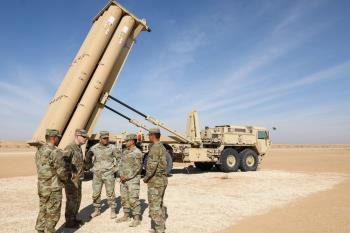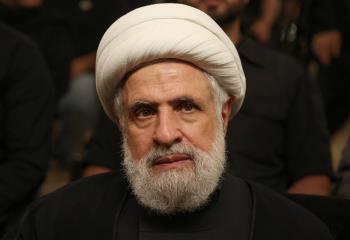Alwaght- Seventy years on, while Japanese are mourning for 166,000 killed by the US atomic bomb dropped on Hiroshima as well as 80,000 in Nagasaki, a poll shows that majority of American people still believe the nuclear attacks on the city and Nagasaki were justified.
According to a new poll by the Pew Research Center, 56 percent of Americans think the bombing Hiroshima and Nagasaki that claimed tens of thousands innocent lives was justified. Only, 34 percent say it was not.
While the number of Americans supporting the bombings has dropped nearly 30 percent since the immediate aftermath of the war – a 1945 Gallup poll found 85 percent in support – the number appears to have remained steady over the last decade. A 2005 Gallup poll found that 57 percent of Americans approved of the twin bombings, RT reported.
The Pew's poll did find that there is a large generation gap among Americans in attitudes toward the bombings of Hiroshima and Nagasaki. "Seven-in-ten (70%) Americans 65 years of age and older say the use of atomic weapons was justified, but only 47% of 18- to 29-year-olds agree".
Another large gap was also observed between registered Democrats and Republicans who are notorious for their warmongering attitudes: "74 percent of Republicans but only 52 percent of Democrats see the use of nuclear weapons at the end of World War II as warranted."
Regarding Iran Nuclear case, unsurprisingly, the majority of republicans in the US Congress oppose international nuclear deal with Iran. While, the US president believes that putting aside diplomacy will result in another war in the West Asia that will have dire consequences for the US, the same as Iraq case.
In America, the debate over President’s decision to unleash the weapons has continued to be a controversial topic even in spite of majority support for it.
Although the real purpose of atomic bomb is to act as a deterrent, and is only meant to be used defensively, if ever, the US then president, Harry Truman, decided to unleash nuclear bombs on two Japanese cities that triggered bitter arguments against it.
Opponents argue that there were alternatives to ending the war, such as permitting the emperor to remain as a powerless figurehead or conducting a test demolition as a warning .


























